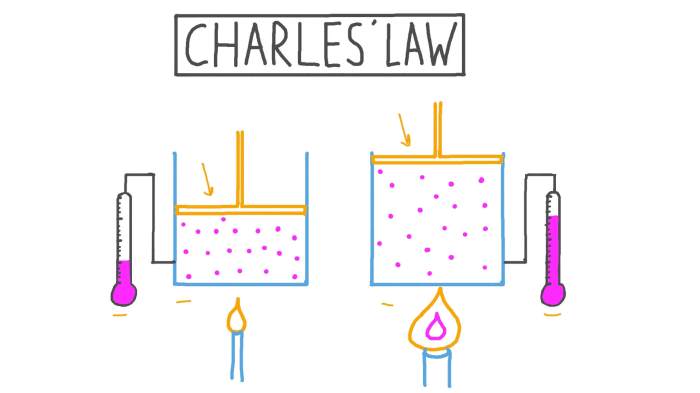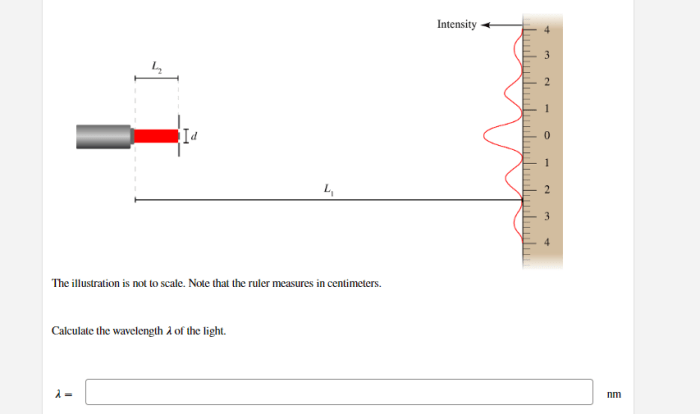A repeating disturbance that transfers energy through matter or space – Waves and vibrations, ubiquitous in our universe, are repeating disturbances that carry energy through matter or space. From the gentle ripples on a pond to the pulsating electromagnetic fields that connect us globally, these disturbances play a pivotal role in shaping our world.
This comprehensive guide delves into the fascinating realm of repeating disturbances, exploring their diverse types, mechanisms of energy transfer, and wide-ranging applications. We will also examine their potential environmental and health impacts, as well as glimpse into the future of this captivating field.
Types of Repeating Disturbances
Repeating disturbances are waves that transfer energy through matter or space. They can be classified into two main types: mechanical waves and electromagnetic waves.
Mechanical Waves
Mechanical waves require a medium to propagate, such as air, water, or a solid object. They consist of vibrations or oscillations of the particles in the medium, which transfer energy from one particle to the next. Examples of mechanical waves include sound waves, water waves, and seismic waves.
Electromagnetic Waves
Electromagnetic waves do not require a medium to propagate and can travel through a vacuum. They consist of oscillating electric and magnetic fields that are perpendicular to each other and to the direction of propagation. Examples of electromagnetic waves include light waves, radio waves, and microwaves.The
frequency and amplitude of a disturbance determine the amount of energy transferred. Frequency refers to the number of oscillations per second, while amplitude refers to the maximum displacement of the particles from their equilibrium position. Higher frequency and amplitude result in greater energy transfer.
Mechanisms of Energy Transfer
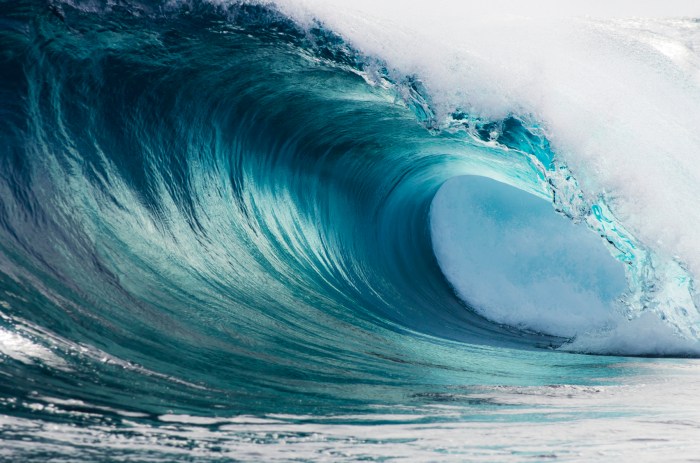
Repeating disturbances transfer energy through matter or space by creating vibrations or oscillations.
Waves
Waves are disturbances that propagate through a medium or space. They consist of a series of crests and troughs, with the energy being transferred through the medium by the movement of the crests and troughs.
Vibrations
Vibrations are oscillations of an object around its equilibrium position. They can be caused by external forces or by the natural resonance of the object. Vibrations can transfer energy from one object to another through direct contact or through the medium surrounding them.
Wave Propagation, Reflection, and Absorption
Waves propagate through a medium or space at a specific speed, known as the wave velocity. When a wave encounters a boundary between two different media, it can be reflected, transmitted, or absorbed. Reflection occurs when the wave bounces off the boundary, while transmission occurs when the wave continues through the boundary.
Absorption occurs when the wave’s energy is converted into other forms of energy within the medium.
Applications of Repeating Disturbances: A Repeating Disturbance That Transfers Energy Through Matter Or Space

Repeating disturbances have numerous applications in various fields.
Sound Waves
Sound waves are used in communication, medical imaging, and non-destructive testing. In communication, sound waves are used to transmit speech and music over long distances. In medical imaging, ultrasound waves are used to create images of internal organs and tissues.
In non-destructive testing, sound waves are used to detect defects in materials.
Electromagnetic Waves
Electromagnetic waves have a wide range of applications, including wireless communication, radar, and medical therapy. In wireless communication, electromagnetic waves are used to transmit data and voice signals over long distances. In radar, electromagnetic waves are used to detect objects by measuring the time it takes for the waves to bounce off the objects and return to the radar receiver.
In medical therapy, electromagnetic waves are used to treat various conditions, such as cancer and pain.
Environmental and Health Impacts
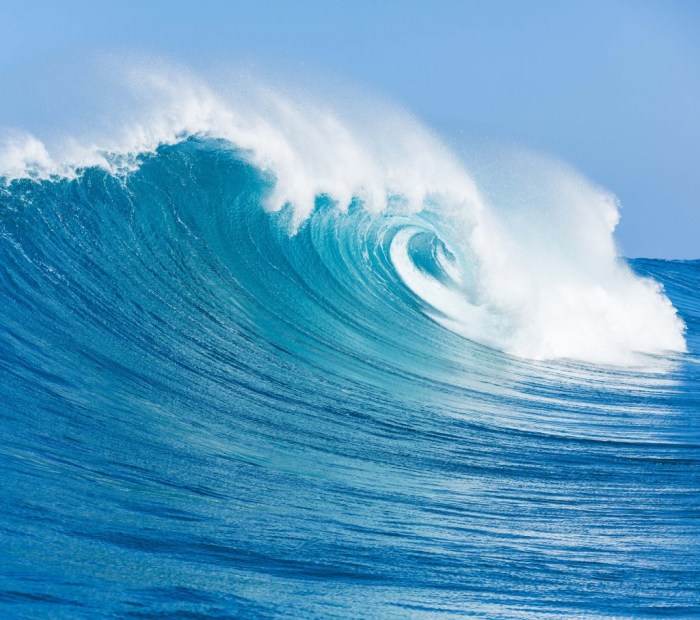
Certain types of repeating disturbances can have environmental and health impacts.
Noise Pollution
Noise pollution refers to excessive noise that can have adverse effects on human health and wildlife. It can cause hearing loss, sleep disturbances, and stress-related illnesses.
Electromagnetic Radiation
Electromagnetic radiation can have harmful effects on human tissue and the environment. High levels of exposure to electromagnetic radiation can cause burns, cancer, and other health problems.
Future Developments
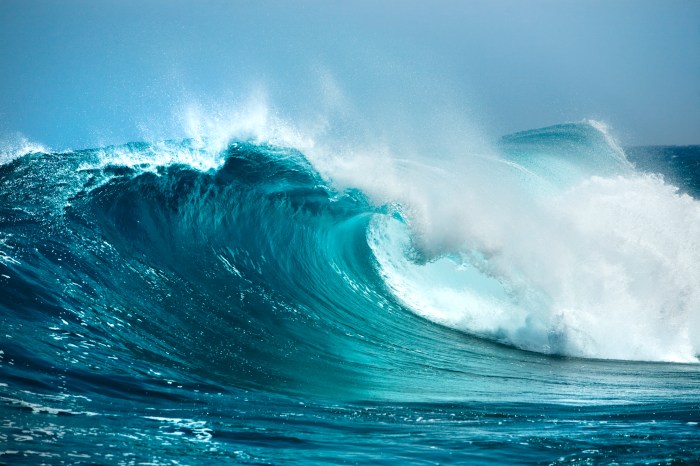
Research and development in the field of repeating disturbances are ongoing, with potential advancements in energy transfer efficiency and applications.
Energy Transfer Efficiency
Researchers are exploring new ways to improve the efficiency of energy transfer using repeating disturbances. This includes developing new materials and technologies that can reduce energy loss during transmission.
Applications, A repeating disturbance that transfers energy through matter or space
Emerging technologies are opening up new applications for repeating disturbances. For example, the development of flexible and wearable sensors is enabling the use of repeating disturbances in healthcare and environmental monitoring.
FAQ Compilation
What is the difference between a wave and a vibration?
A wave is a disturbance that propagates through a medium, while a vibration is a periodic oscillation of a body or system about a fixed point.
How do repeating disturbances transfer energy?
Repeating disturbances transfer energy through the oscillation or propagation of waves, carrying energy from one point to another.
What are some examples of applications of repeating disturbances?
Applications of repeating disturbances include communication (sound waves), medical imaging (ultrasound), and energy transmission (electromagnetic waves).
